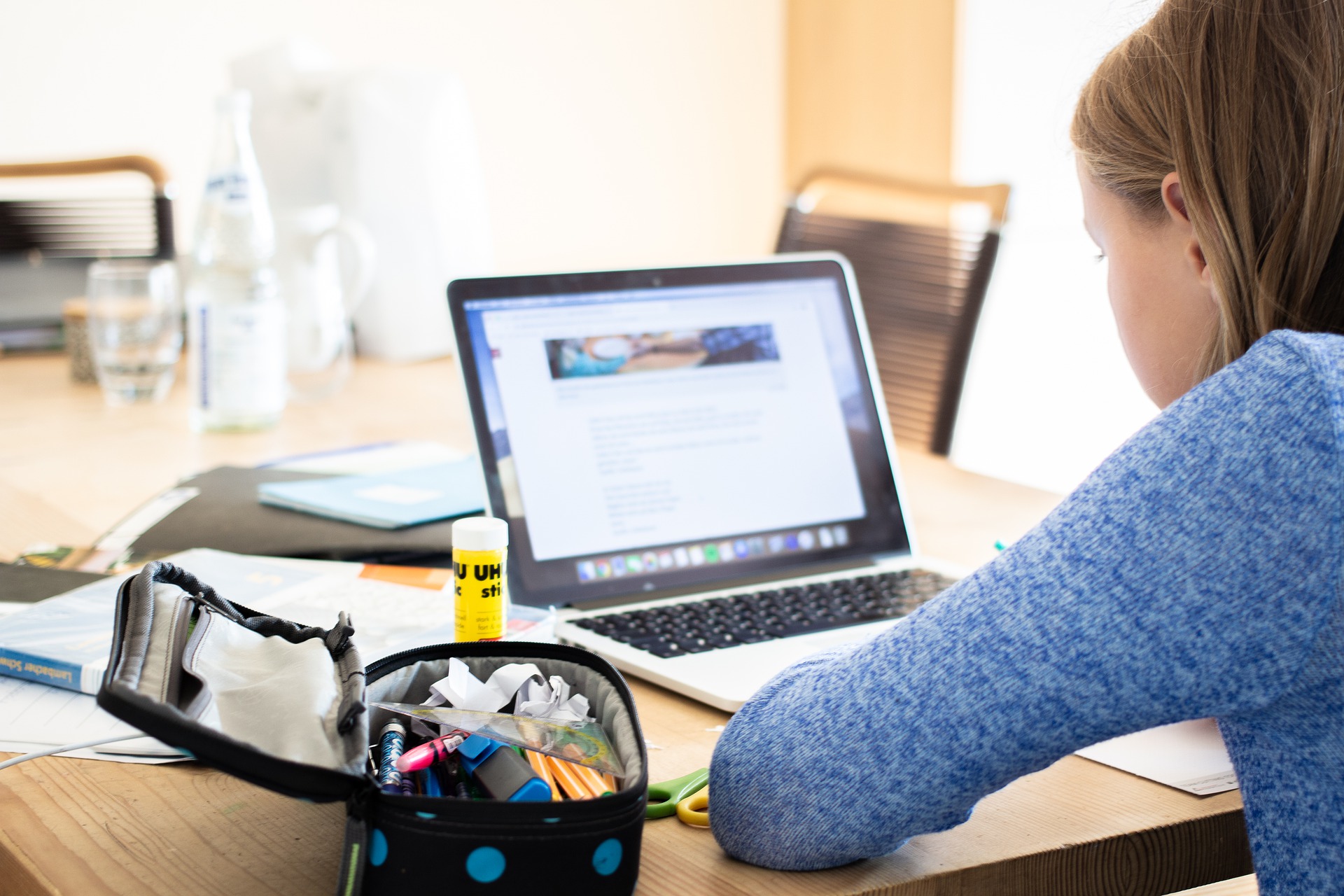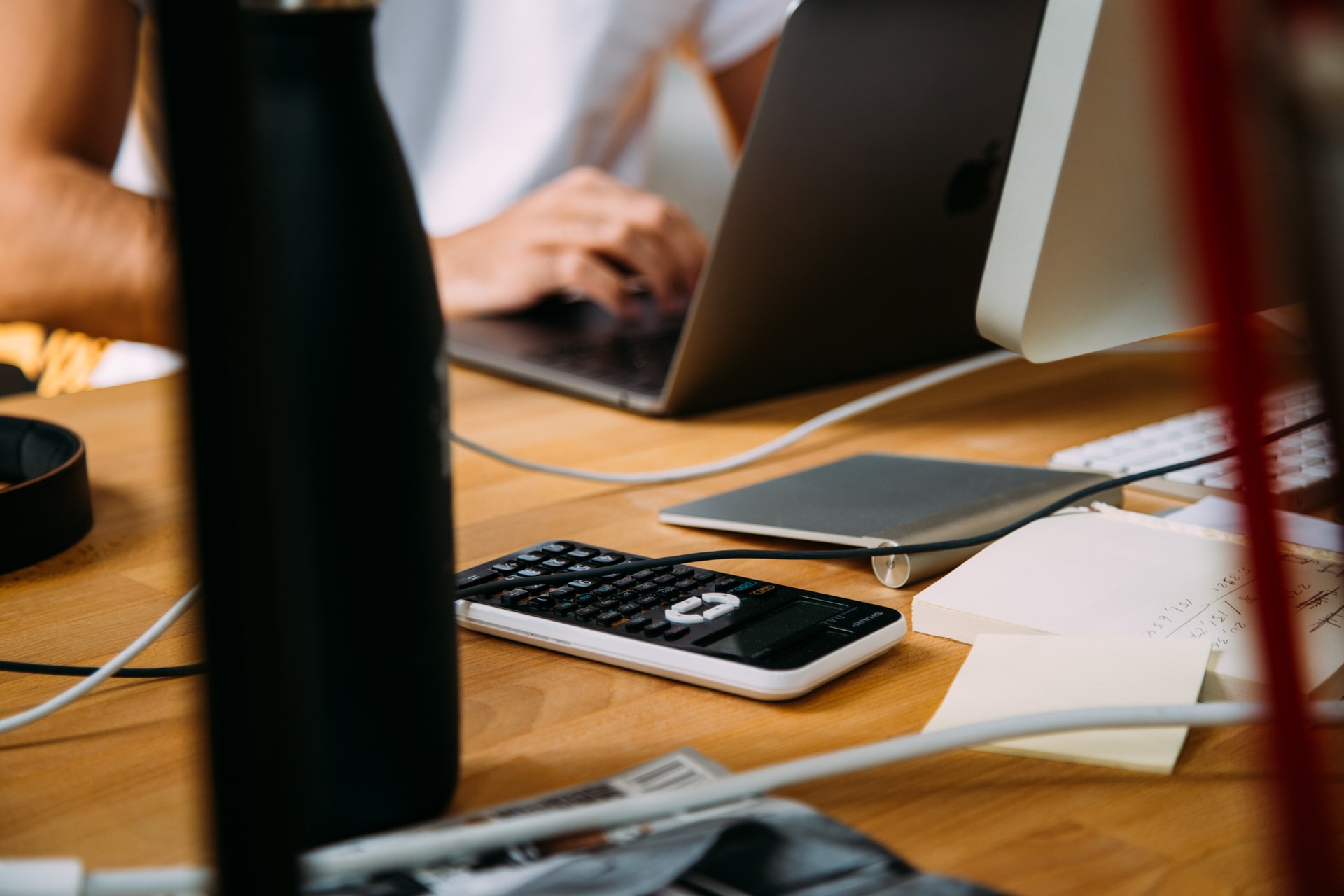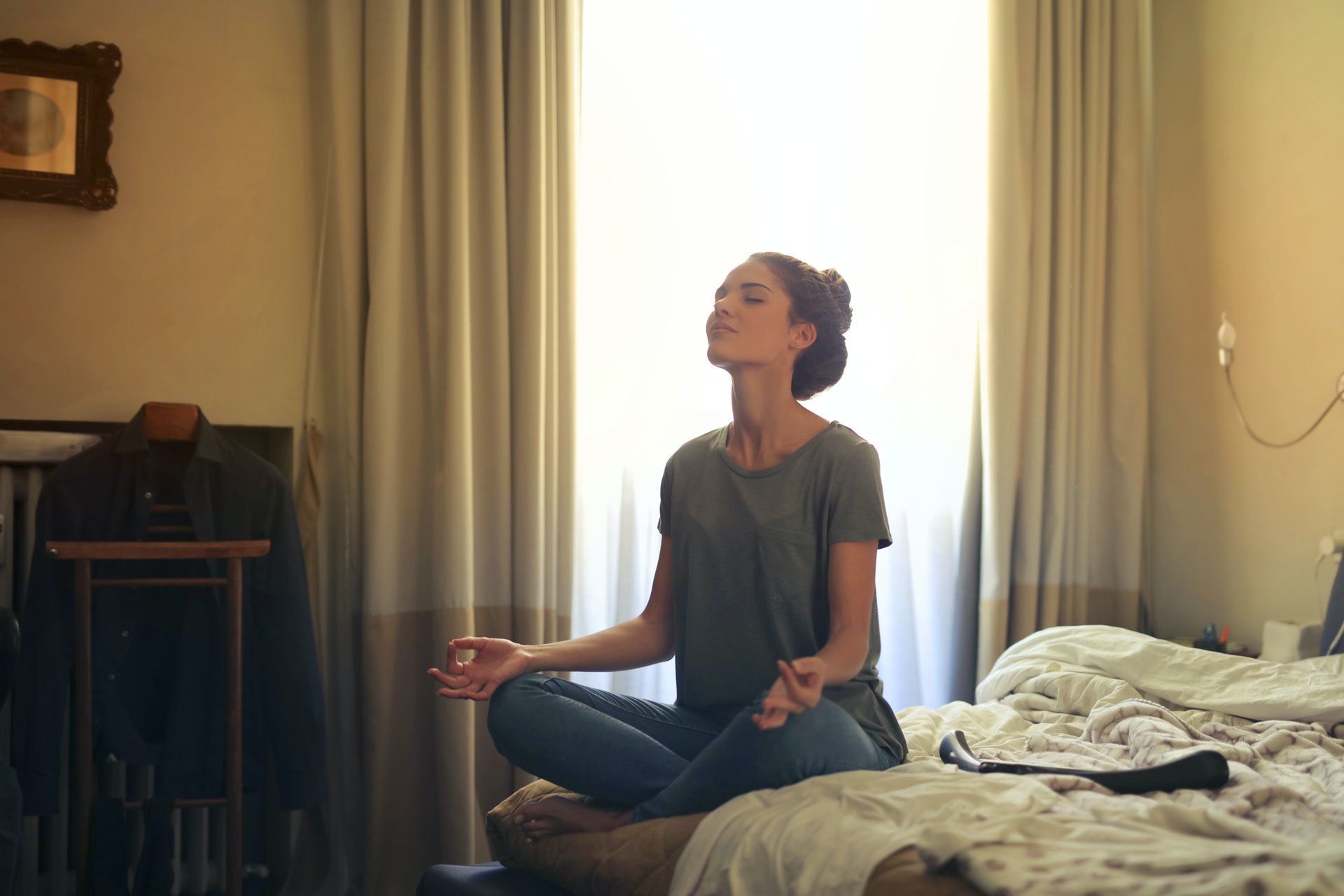
In our daily lives, it sometimes becomes inevitable to prevent stress in our personal and professional lives. Stress can be present on your brain and may manifest physically.
Experts say that anxiety can be caused by stress. Anxiety is a feeling of fear, worry, and unease with the surroundings, affecting many individuals nowadays.
Anxiety varies in different situations and often is experienced by some of the people who experience stress. It becomes a strong emotion that can interfere with our daily life. Anxiety becomes worse when we cannot let go of negative thoughts in our minds, and we cannot control our emotions during extreme situations.
Different Kinds of Anxiety
There are kinds of anxieties that affect other areas of our lives. They also impact performance at work, relationships with family and friends, and others. Below are different kinds of anxiety that people can experience:
Generalized Anxiety Order (GAD)
GAD is a condition where people worry too much about certain situations and issues. It usually affects both young individuals and adults. This anxiety type can be hard to control and find its ways to affect our daily life. People experiencing GAD may always tend to think of disasters and worry about an unlikely situation. It interferes with how a person functions, affecting personal and professional relationships.
Phobias
A phobia is a kind of anxiety that includes extreme or irrational fears about a particular thing or situation. Understanding the phobia is the first step on how to overcome it. Examples of phobias are fear of heights, closed spaces, or insects.
Post Traumatic Stress Disorder (PTSD)
PTSD is an anxiety disorder that occurs after a person has been through a traumatic experience. Some of the common causes of PTSD are natural disasters, car crashes, and physical abuse. It can cause irritability, flashbacks, repeated nightmares that can bring back the bad memories again.
Panic Disorder
Panic disorder is an intense feeling of anxiety. It is characterized by panic attacks due to sudden periods of intense fear brought by an overwhelming situation. The effects of panic disorder may include a pounding heart, nausea, feeling like fainting, breathing discomfort, and losing control of the situation. The effects are sometimes very severe.
Habits That Can Make Our Anxiety Worse
There are certain habits that we usually do; however, we are not aware that these can contribute to making anxiety worse. Sometimes these are simple habitual ways that we are doing for so long, yet we have not noticed that these can bring adverse effects. We need to know and learn how to prevent these everyday bad habits that could be intensifying our anxieties.
#1 Not Getting Enough Sleep
Sleep and mental health go hand in hand. Not getting enough sleep can worsen depressive and anxiety symptoms. Having enough sleep fosters positivity because you wake up feeling energized and optimistic. Sleep deprivation wears your body down and affects your body clock. This can make people frustrated, cranky, and worried all the time.
The overall health is affected as sleep deprivation is often linked to a chronic health problem such as heart disease, high blood pressure, or diabetes. Lack of sleep can cause an increase in blood pressure and blood sugar. We should have a fixed cycle of sleeping because this can aid in preventing physical and mental health.
What can be done to improve the sleep cycle? Try to have a breathing exercise before sleeping or try activities that can make your mind relax, such as reading—avoiding caffeine in the afternoon. This can increase your chances of not sleeping on time and staying awake throughout the night.
#2 Skipping Meals and Not Getting the Right Nutrients
Some people skip meals because they may be in a weight loss diet. This can negatively impact your mental and physical health. Not getting enough nutrients needed by the body has a negative psychological impact since proper nutrients are essential for the body and mind to function correctly. An unbalanced diet can affect nutrient intake. It can impair our daily health and well-being and reduce our ability to lead an enjoyable and active life.
Improve your eating habits by choosing healthy foods for your diet. It will give your body the energy it needs to prevent the blood sugar from dropping.
#3 Sitting Too Much
It has been proven that sitting too much is bad for our health, and it can also pose a risk in our mental health. We must know how many hours we keep our bodies sedentary by sitting at the office and home. Taking breaks from sitting can help you evade a sedentary lifestyle.
Walking around the office can make a big difference to prevent a sedentary lifestyle. It is also right that we invest in a sit-stand desk that can help fight cardiovascular disease risk. Transitioning from sitting to standing has a positive effect on the overall well-being of a person.
#4 Avoiding Exercise and Not Doing Any Physical Activity
We all know that exercise has a significant impact on the mental and physical state of a person’s mind. Regular exercise activity can help relieve stress, improve concentration, and increase awareness. Exercise also produces hormones that elevate the mood and decrease the production of stress hormones.
It is vital that if you feel anxious, the best thing to do is go for a walk or find an activity that makes you happy and encourages you to move at the same time. By regularly doing so, you will likely feel better.
#5 Staying Indoors
Staying indoors to relax is not a bad idea; however, it is beneficial to go out now and then to feel the sunlight. It has been proven that sunshine can make a significant difference as this has many health benefits and effects on the circadian clock.
Fresh air can boost a feeling of vitality and can help in making you sleep better. This can also mitigate symptoms of depression and anxiety. Staying outdoors can also help improve your overall mental health and well-being because you are more likely to breathe fresh air.
Conclusion
Habits that contribute to anxiety can worsen if we continue to follow practices that are not beneficial. There are many ways, strategies, and resources to help manage stress and reach out to family and friends.
If you are less resistant to stress or anxiety, you should consider letting go of unhealthy habits and slowly adopting new ones that make you feel less stressed or anxious. We have mentioned this before, but it is crucial to avoid isolating yourself out of fear that you may experience stress or a full-blown panic attack.
On the contrary, some exercises help desensitize you if you fear something or make you feel anxious. For example, if going to crowded places makes you stressed and anxious, the best thing would be to go to malls and expose yourself to things that make you nervous.
These exercises tell your brain that there is nothing to worry about, and there is no danger. Because as counterintuitive as it may seem, a panic attack, for example, is the body’s way of telling you that there’s danger.
So, if you prove to your brain that the opposite is the case, you will desensitize it, and you will train it to become less stressed and anxious. However, before you do this, you should always speak to a professional first!





